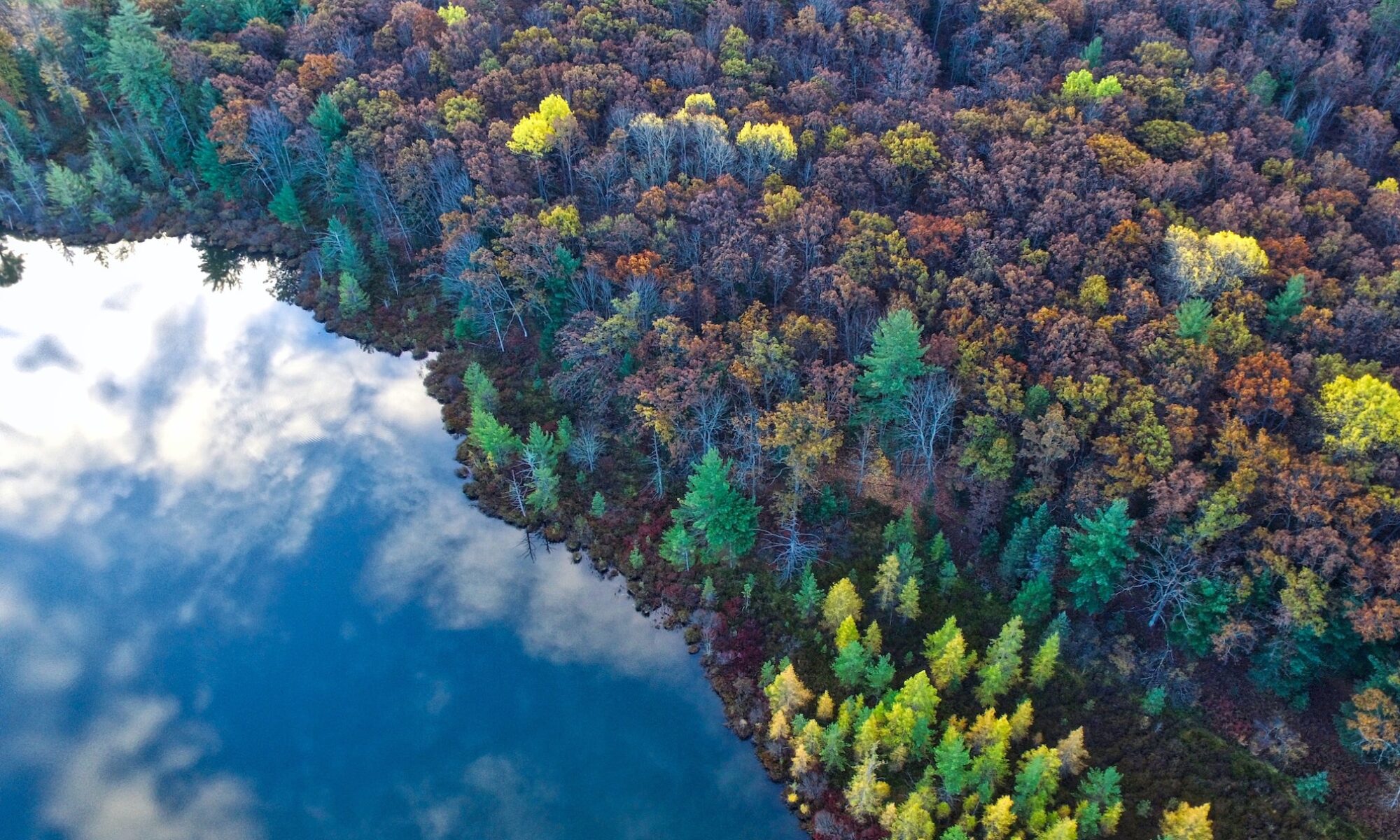The Court adopted the testimony of the expert witness in the proceedings that the N’djuka tribal people had profound ties to the lands and the sacred sites there and such ties were broken due to their forced displacement. A fundamental aspect of their identity and sense of well-being were deprived. They were unable to practise cultural and religious traditions which hampered their collective security and sense of well-being.
The Court emphasized the “all-encompassing relationship” between the inhabitants and their ancestral lands such that they should enjoy communal rights to property (i.e., their right to the use and enjoyment of the territory) under Article 21 of the Inter-American Convention. The Court held that Suriname violated the rights of the inhabitants to the communal use and enjoyment of their traditional property (the lands) in light of the massacres and the State’s inaction.
Potential takeaways for future climate migration litigation
- The Court highlighted the all-encompassing relationship between the tribal groups and their territory such that forced displacement and migration could threaten their existence – in particular their culture, spiritual life, integrity and economic survival.
- Breaking the link between inhabitants and their territory will pose an existential threat to their enduring integrity as a community. They will also fail to pass on their cultural legacy to future generations.
- The Court recognised the lands of the inhabitants as a collectively owned property. Deprivation of the indigenous groups of their right to use and enjoy their lands amounts to a violation of fundamental rights.
- To take a step further, states have the duty to protect the rights of the indigenous groups to the communal use and enjoyment of the lands. States’ inaction or failure in preserving such rights may give rise to a cause of action. If crimes are involved (such as the massacre in this case), states bear the duty to effectively investigate the matter and to prosecute and punish the perpetrators.
- Forcible displacement not only prohibits indigenous people from staying at their homelands, but it also undermines their dignity and integrity.

